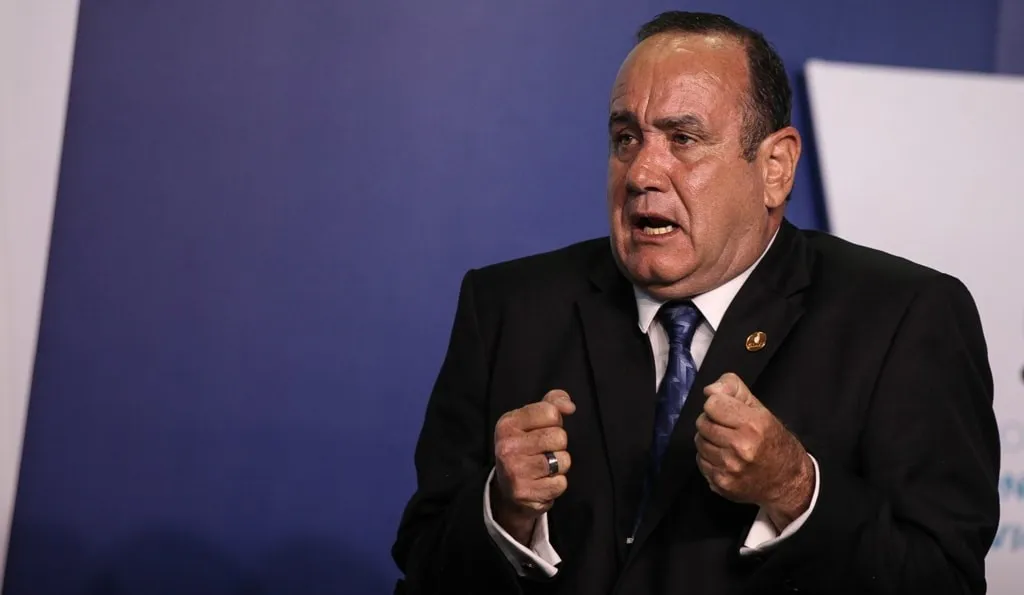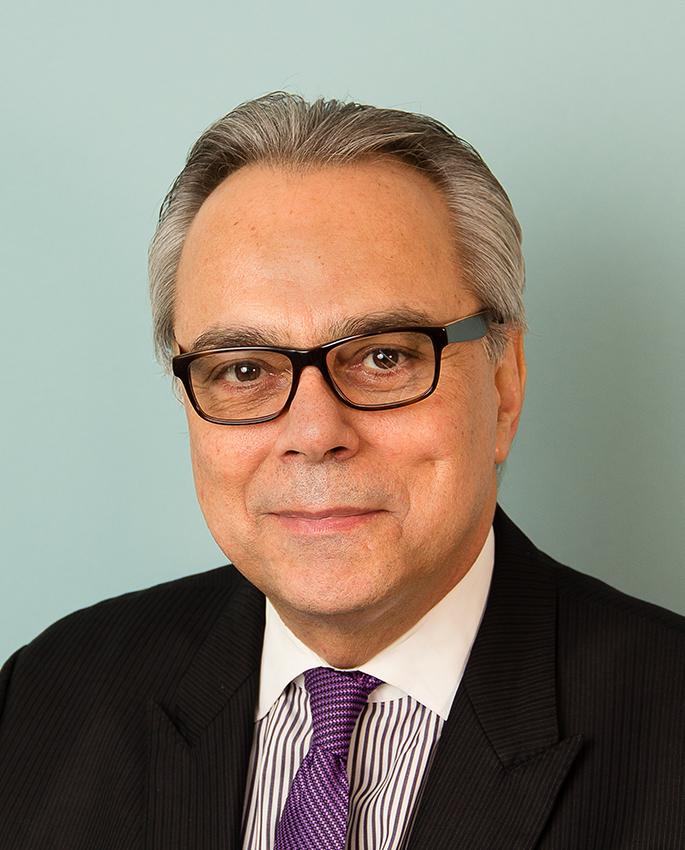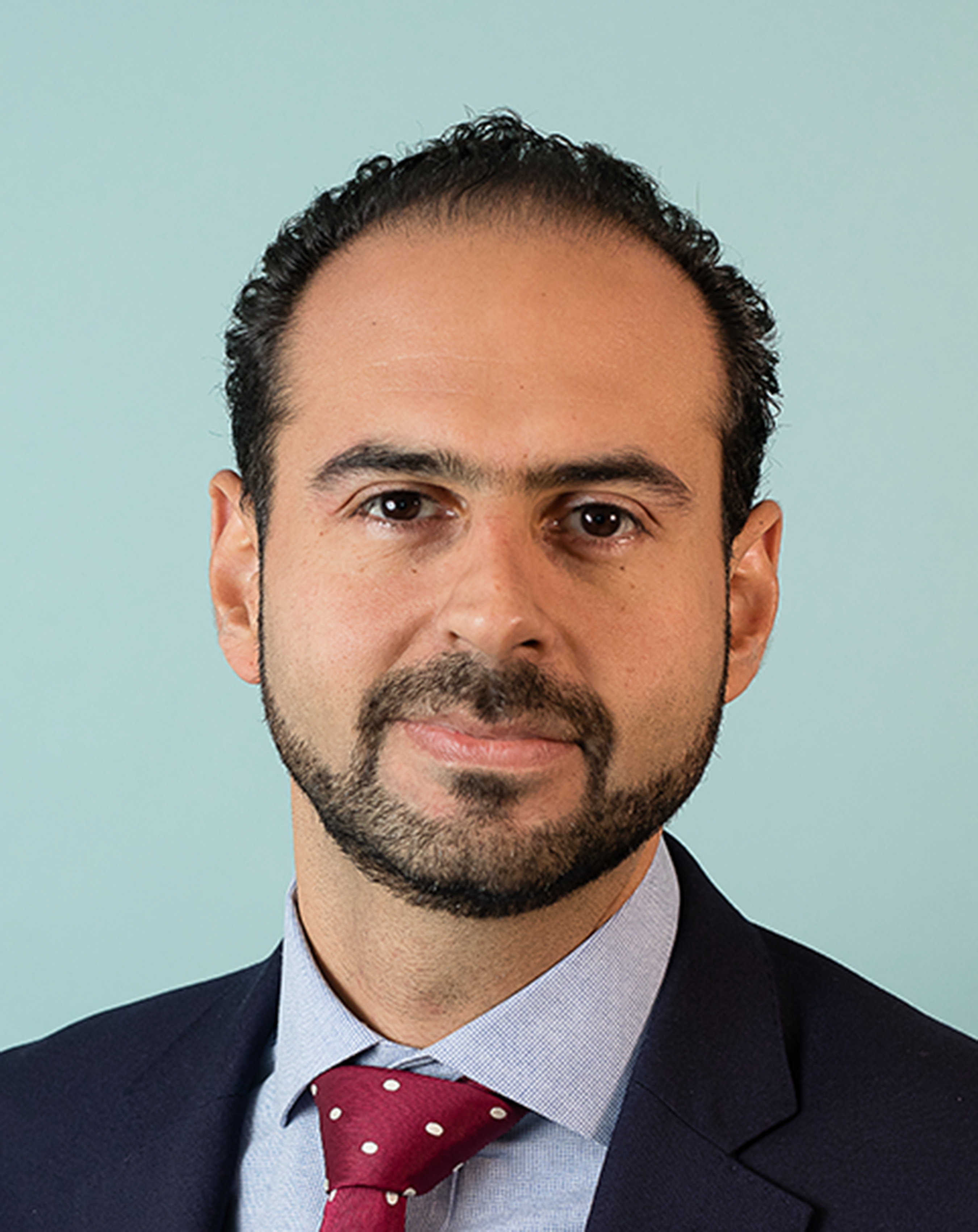Keys to understanding the second electoral round in Guatemala

Guatemala celebrated its second round to elect a new president, and with it, Alejandro Giammattei changed the trend that the winner of the first round of elections became president. Contrary to what happened in previous elections, Giammattei, candidate of the Vamos Party, will become on January 14, 2020, the ninth president of Guatemala since the democratic era began in 1986.
Disclaimer: Views expressed in this commentary are those of the staff member. This commentary is independent of specific national or political interests. Views expressed do not necessarily represent the institutional position of International IDEA, its Board of Advisers or its Council of Member States.
Este comentario está disponible en español.
Today Guatemala faces multiple challenges. First, the country remains one of the most violent in Central America and the world. Although criminality has been in decline over the past three years, violence remains one of the reasons that have forced Guatemalans to leave their country. Secondly, poverty as a structural factor and of the leading causes of migration has diminished Guatemala's capacity to develop.
According to the National Survey of Living Conditions 2014 (ENCOVI in Spanish), 59.3 percent of Guatemalans live in poverty. According to the Ministry of Social Development and the Multidimensional Poverty Index (IPM in Spanish), 61.1 percent of Guatemalans are multidimensionally poor. Guatemalans lack health, food and nutrition security, education, decent employment, housing, and access to essential services, with education being the greatest of the shortcomings followed by a decent job.
All this has caused Guatemalans to be the largest population of migrants arriving at the border between Mexico and the United States. In the first half of 2019, 235,000 Guatemalans or 1.5 percent of the population were detained on the northern border of Mexico. With this in mind, the incoming president, at the beginning of his term, will have the important task of implementing the recent immigration agreement signed at the end of July between the government of the outgoing Guatemalan President Jimmy Morales and US President Donald Trump. The agreement stipulates that asylum seekers, who travel through Guatemala to the United States, can be sent back to the Central American country while a decision over their protection conditions is made.
Corruption has also been an important issue, with illicit financing in Guatemalan politics being especially relevant. Several former presidents and members of the political elite have been accused and some imprisoned for acts of corruption. Given the prevalence of this phenomenon, the International Commission Against Impunity in Guatemala (CICIG in Spanish) was created in 2006. In several reports[1], the Commission has described how the Illicit Economic Political Networks (RPEI in Spanish) has been a centerpiece for electoral politics and processes in Guatemala. In this regard, it is essential to highlight that the CICIG is due to terminate its mandate on September 6, 2019. None of the candidates who participated in the second round have expressed favorably over its return.
THE TRIUMPH OF PERSISTENCE
Back in June 16, 2019, the first round of elections was held. On that occasion, Sandra Torres of the National Unity Hope Party (UNE in Spanish) won the first place with 25.53 percent of the votes. Behind her, Alejandro Giammattei of the Vamos Party won 13.96 percent of the votes. Since none of the candidates obtained an absolute majority, a second-round had to be called. It is at this stage that Giammattei won the presidency. According to the Supreme Electoral Tribunal that validated the results on August 22 with the agreement 533-2019, Giammattei obtained 57.95 percent of the votes and Torres 42.05 percent. Of the more than 8 million voters, only 3.29 million went to the polls, equivalent to 57.3 percent, five points below the level of participation of the first round estimated at 62.16 percent. Regarding the electoral process, the president of the Supreme Electoral Tribunal, Julio Solórzano, stated that after the elections, the authorities would have to reflect upon several issues, especially the vote-counting system. He also clarified that although the results have already been issued, the Attorney General will have to implement the study, verification and control phase of the elections.
Regarding the candidates, it is not the first time that Torres participates in a ballotage. During the 2015 elections, she also participated in the second round of the presidential elections. In this occasion, Torres —the former wife of president Álvaro Colom—, led the voting preferences in the first round. Nevertheless, the trend did not replicate in the second round where rejection imposed itself at the polls. During this electoral process, Torres faced accusations that resulted in a lawsuit for illegal electoral financing during the 2015 election campaign. The case was prompted by the CICIG and the Special Prosecutor's Office against Impunity (FECI in Spanish). In this regard, Julio Solórzano, president of the Supreme Electoral Tribunal, mentioned that after the elections, it is the responsibility of the jurisdictional bodies to decide on Torres' legal status.
For Alejandro Giammattei, of the center-right party Vamos, it is not the first electoral process either. Before this electoral process, he attempted three times to reach the presidency of Guatemala and twice to become mayor of the country's capital. Giammattei, who led the prison system between 2005 and 2007, faced accusations during this electoral process for alleged extrajudicial killings. During his campaign, Giammattei criticized the immigration agreement signed by Jimmy Morales with the United States and has been critical of the work of CICIG. However, during the campaign trail, he argued that the fight against corruption will continue.
It is precisely the issue of corruption one of the first challenges that the new president will have to face. With the departure of the CICIG, Giammattei will have to tackle the vacuum left by the Commission. In consequence, extra efforts will be needed to reconstruct the legitimacy of the fight against corruption. Likewise, the efforts to reduce criminality in the country will have to continue. Giammattei faces a presidency that will also have to focus on reducing poverty and inequality gaps, the main causes of migration. Thus, immigration is expected to be one of the priorities in the first years, even more now that the outgoing government has subscribed an agreement with the US government, which can still be modified. So far, the new government will have to deal with Trump's plans to turn Guatemala into a safe third country. This element could have consequences for the development of the region overall. In sum, an entire country lies expectant to see the results of this new presidency. Hopefully, Guatemala can readily face these challenges and move forward on a path of stability and growth.
---
[1] Such as the report on “Political financing in Guatemala” of 2015 and its annual report of 2018.





